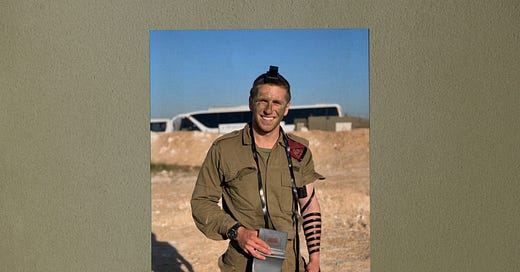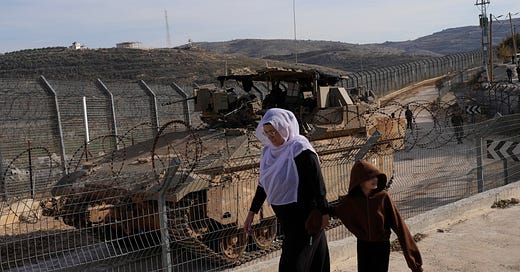What I Saw When I Guarded the Border with Gaza

Jacob Katz. (Image courtesy Jacob Katz)
I saw children through the fence playing with an empty tear gas canister. I wonder what my life would have been like if I’d been born on the other side.
51
Jacob Katz is a 25-year-old former IDF soldier from Florida who returned to Israel this week. Here, he tells of his time with the IDF from 2018 to 2019, where he patrolled the Gaza border at the same spot where Hamas terrorists bulldozed the fence and invaded Israel on October 7.
I remember trying to peer through the fence between Israel and Gaza. The th…
Enjoying the story?
Enter your email to read this article and receive our daily newsletter.
Error
Already have an account?
Sign In















